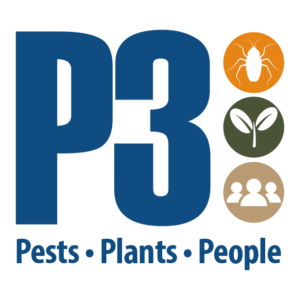Increasing Awareness for Reducing Pesticide Use
The Boulder County Hazardous Materials Management Facility received over 54,000 pounds of pesticides and herbicides in 2019 costing the county over $49,000 to dispose of. In addition to the economic cost these chemicals can also have negative impacts to the environment and our safety. This campaign aims to inspire awareness of alternate pest management methods and to reduce the use of pesticides and herbicides in homes.
The term “pesticides” is commonly used to refer to all substances used to control pests. This includes insecticides, herbicides, rodenticides, fungicides, and so much more.

